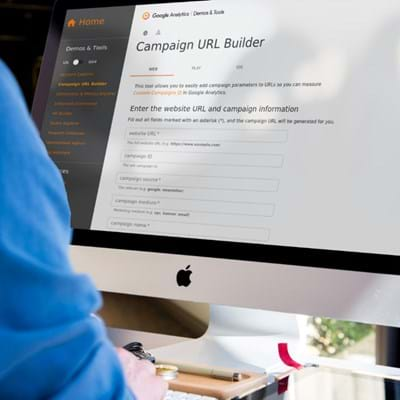Even the best developers will create bugs once in a while.
We just have to look back at the last couple of years to see that no one is immune. We have seen bugs appear in all kinds of products, from the actual processors at the hardware level, to CMS platforms like Wordpress, Umbraco and Drupal that support your sites, and even Cloudflare, which could have affected you without ever being anywhere near your servers.
From a development perspective, there are methods to minimise the number of bugs. Good practices, test frameworks, code reviews, and third-party audits will all contribute to better find bugs before they grow to be a problem. But what if you are the user, not the developer? In that case, your choices are usually severely restricted and depend on the nature of your business, the size of your budget and the availability and willingness to help the developers.
Nevertheless, Umbraco has a powerful characteristic that makes it different from major commercial solutions. It’s an Open-Source project which in simple terms means that anyone can inspect, report and contribute fixes. And you don’t even need approval from the original developers. You can use your patched version regardless of it being accepted and released as part of the main project.
Take our recent example, one of our own (Pete) detected that the media picker overlay wasn't working properly and reported it to our company.
The problem consisted of the overlay not populating the node path after selection. It wasn’t a security issue, but it was affecting our workflow enough, that we decided to do something about it.
First, we confirmed that the bug was indeed present in the most recent version. Then we went through a debug process until we identified that it was a Linker module that wasn’t populating the media URL when picking out the media item. Then our development team patched the code, testing it locally, before sharing the patch through a pull request to the main repository.
Were it not for the open nature of Umbraco, this wouldn’t have been possible at all. Even better is that the whole community gets to benefit from this symbiosis.
In conclusion, thanks to the open nature of Umbraco, we didn’t have to wait for an official update to solve our problem, and in the process we could also contribute to the community, making Umbraco a little bit better for everyone, and benefiting from all the other contributions within the ecosystem.
And even if you are not a professional software developer, you may still be interested in getting started.
You can find learning resources online for all subjects, and we are living in a day and age where you can reach out and collaborate with people all around the world, which share the same interests, and want to work on the same niche project as you do.
- Andre, @wearegecko!





